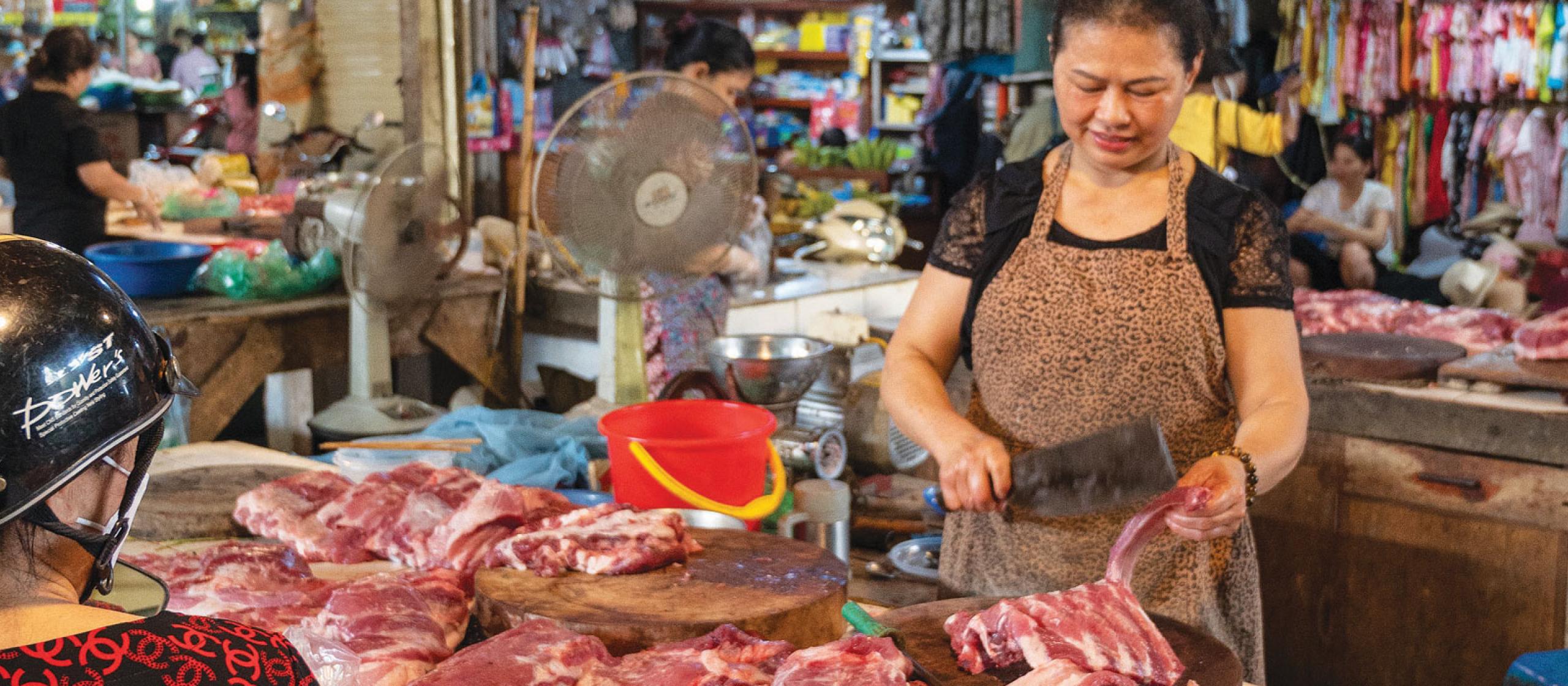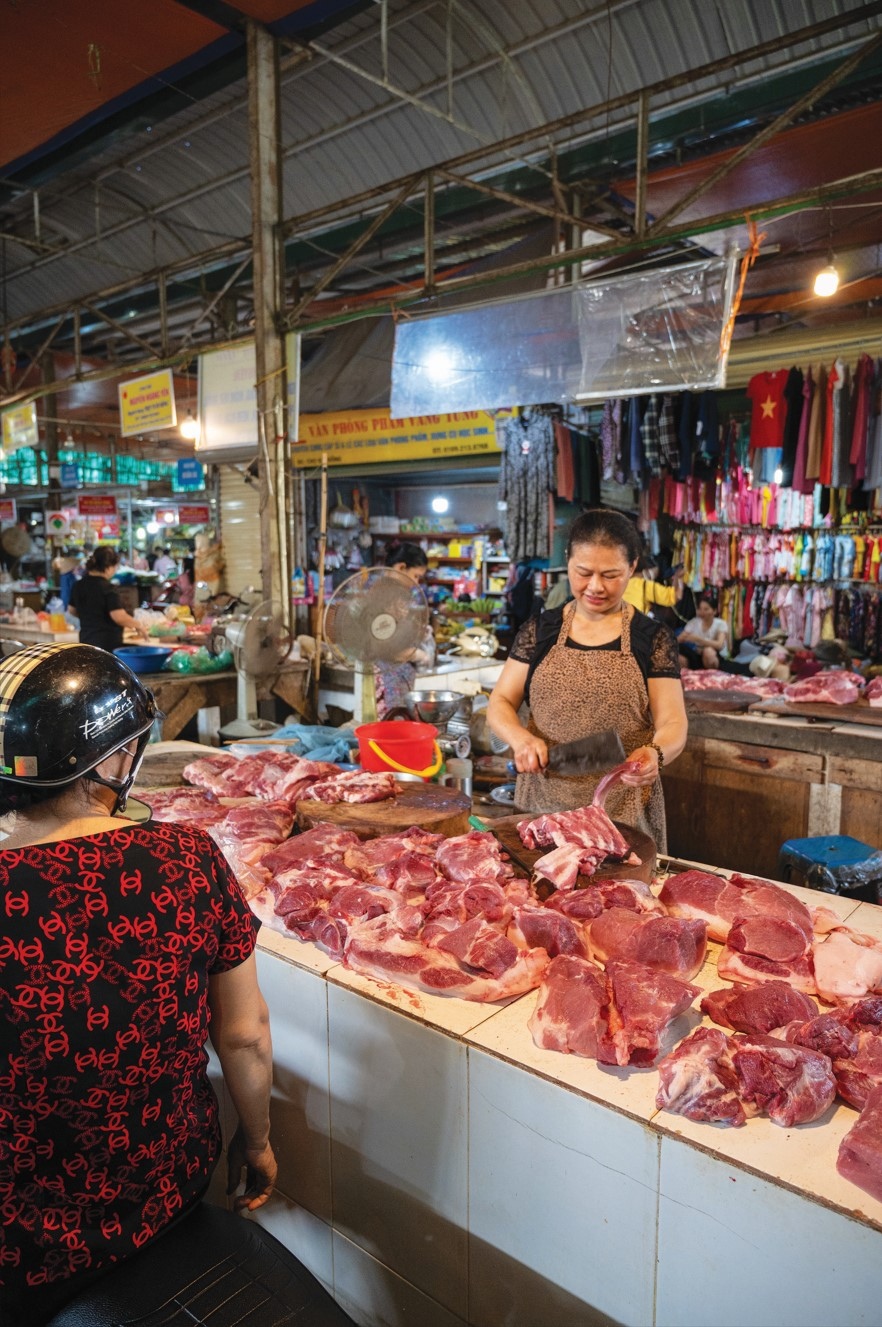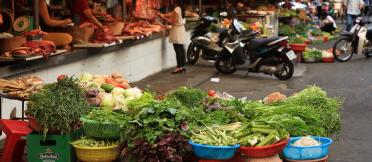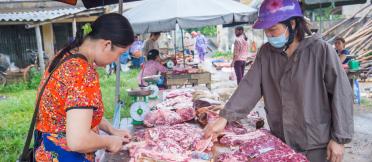The COVID-19 pandemic saw people around the world subjected to the kinds of restrictions and mandatory practices common to the control of animal diseases. Travel limits were imposed, markets were closed and trade was restricted. New hygiene requirements were enforced and vaccinations became mandatory in many countries.
But disrupted markets and reduced economic activity, along with the loss of jobs and livelihoods, have led to rising poverty and food insecurity, along with increasing physical and mental health issues. Low-income to middle-income countries are most severely affected.
Dr Anna Okello, ACIAR Research Program Manager, Livestock Systems, states that COVID-19 puts a very human spin on the challenges that many people working in animal health regularly face: is the impact of the disease equal to or worse than the impact of the control measures? What can be done instead to prevent disease?
Dr Okello sees a One Health approach as key to answering such questions. One Health is based on the interconnectedness of humans, animals and ecosystems. It looks at systems in a holistic way, including agrifood systems, to recognise that improving the health of one improves the health of all.
Preventing the spread of zoonotic diseases (diseases and infections transmitted between vertebrate animals and people) is an important aspect of One Health, but so too is the broader health and productivity of livestock and the impacts of this on both people and the planet.






